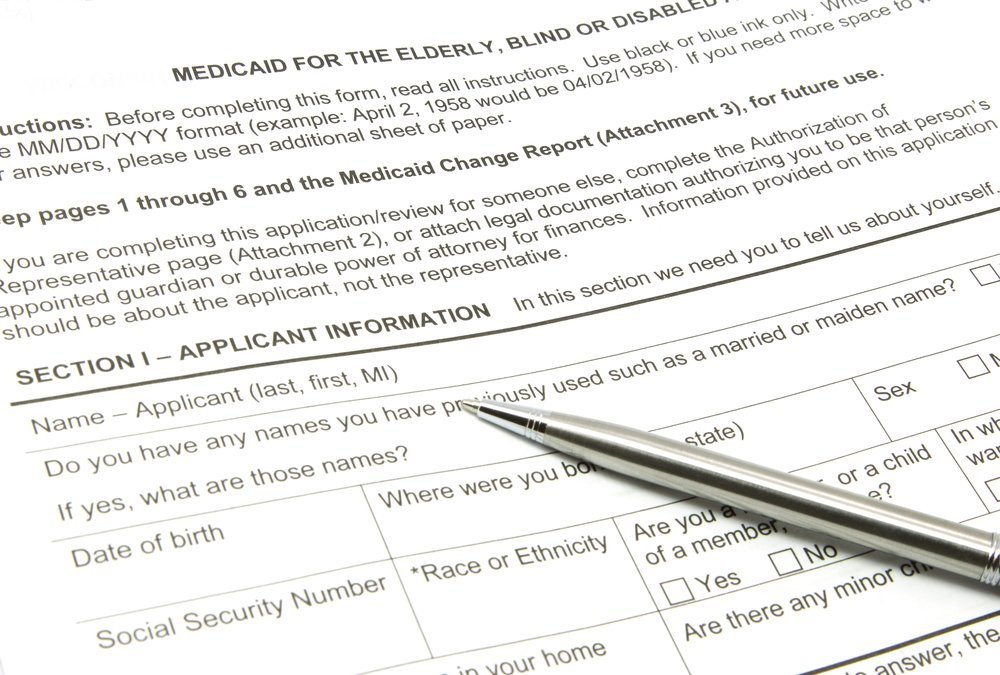New York Imposes Restrictions on Medicaid Eligibility for Home Care
New York was the only state that didn’t have a look-back period for Medicaid home care, but that is now changing. New York Medicaid applicants will no longer be eligible for home care if they gave away assets within 30 months of applying.
Posted on October 2, 2020

Medicaid, unlike Medicare, is a means-based program, which means that you are only eligible for it if you have very few assets. The rules are slightly different for nursing home benefits and home and community-based care benefits.
With regard to nursing home benefits, states are required to impose a penalty period on Medicaid applicants who transfer assets without receiving fair value in return. States require a person applying for Medicaid to disclose all financial transactions he or she was involved in during the five years before the Medicaid application. This five-year period is known as the "look-back period." The state Medicaid agency then determines whether the Medicaid applicant transferred any assets for less than fair market value during this period.
With regard to home and community-based benefits, states have more leeway with the rules. Previously New York imposed a five-year look-back period for Medicaid applicants applying for nursing home care, but no look-back period for Medicaid applicants who applied for home care or community-based care. An applicant could give away all his or her assets and then apply for Medicaid community-based care the next day.
Under the new law that went into effect October 1, 2020, applicants for home or community-based care in New York will have to disclose if they transferred assets for less than market value in the 30 months (two and half years) before applying. Applicants who transferred assets will face a penalty period.
More from our blog…
Capacity Requirements for Executing Estate Planning Documents
Proper execution of a legal instrument requires that the person signing have sufficient mental "capacity" to understand the implications of the document. While most people [...]
What You Should Know About Long-Term Care
Research shows that roughly one in seven adults aged 65 or older will need long-term care at some point in their later years. Meanwhile, tens of millions [...]
Understanding Medicaid: What Does Medicaid Cover?
In the complex and frequently changing landscape of health care in the United States, Medicaid stands out as a vital program. Since 1965, it has [...]
Elder Financial Abuse: How an Elder Law Attorney Can Help
Elder financial abuse is a significant issue affecting many older adults nationwide. It involves someone exploiting or misusing an older person’s finances or assets for [...]
Recent blog posts

FREE WEBINAR
5 Things to Know About
Estate Planning
When You Turn Sixty-Five





